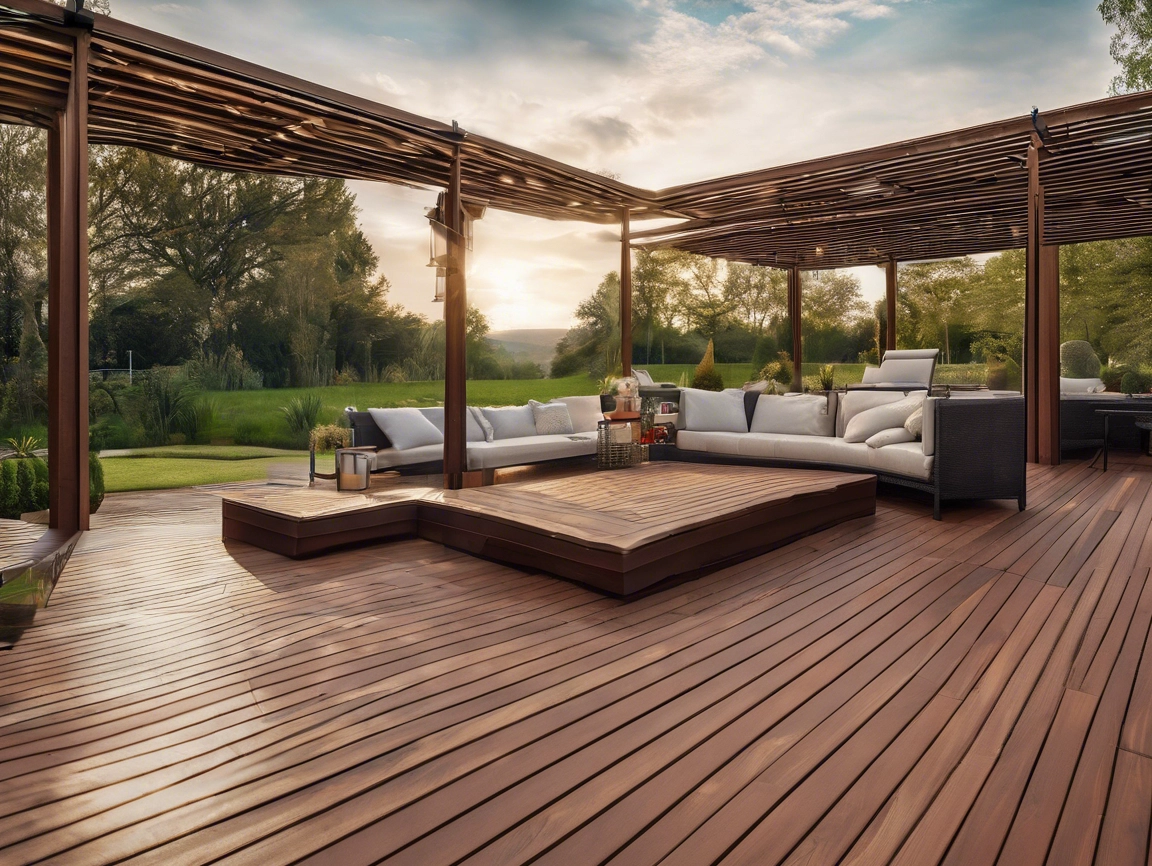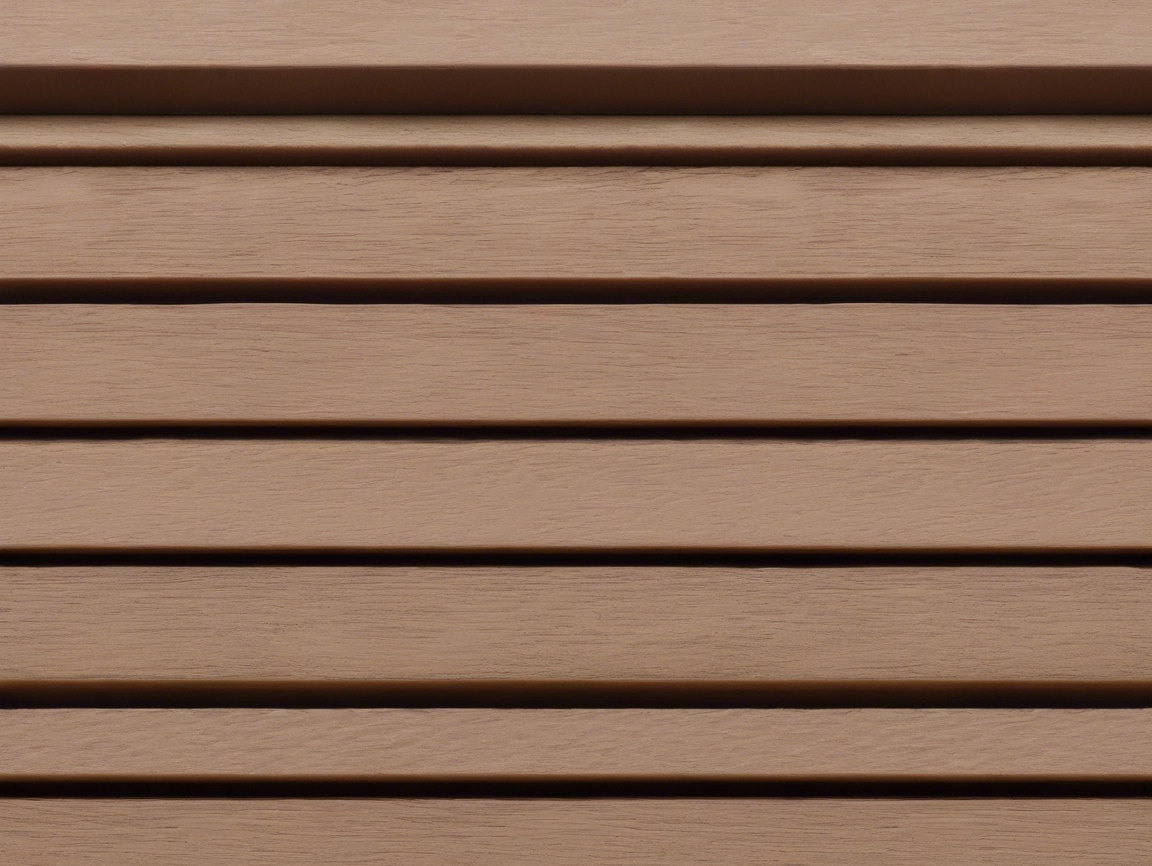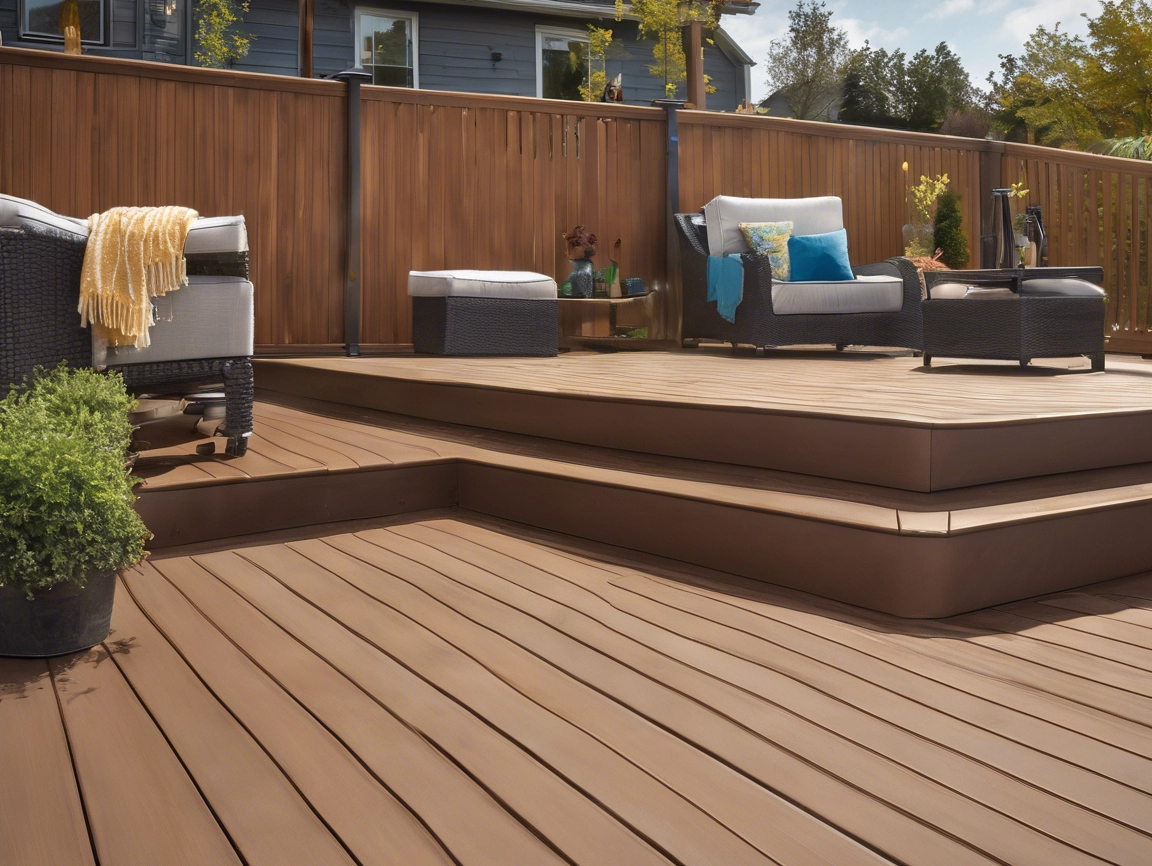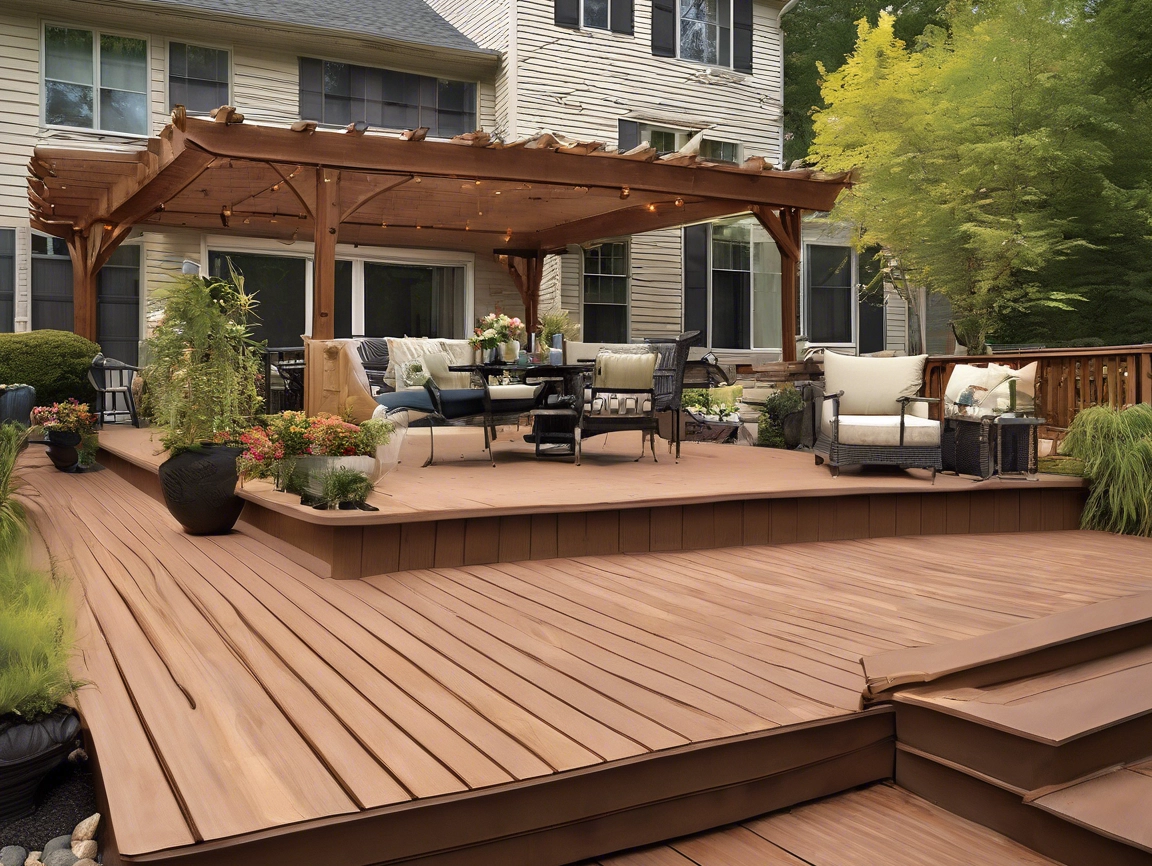What are Indoor Integrated Wall Panels?
Indoor integrated wall panels are modular, multi-functional cladding systems designed to streamline interior design while enhancing structural performance. Unlike traditional drywall or tiles, these panels combine aesthetics, insulation, and utility into a single solution. In 2025, brands like Witop are leading the market with eco-friendly, customizable options that cater to both residential and commercial needs. Below, we break down their features, benefits, and applications
1. Composition and Core Features
Modern integrated panels are engineered from layered materials such as:
- WPC (Wood-Plastic Composite): A blend of recycled wood fibers and polymers for water resistance.
- Acoustic Core: Sound-dampening foam or mineral wool layers.
- Fire-Retardant Coatings: Non-toxic additives like magnesium oxide.
- Surface Finishes: Options like textured woodgrain, high-gloss lacquer, or 3D geometric patterns.
For example, Witop’s panels embed smart technology—think built-in LED lighting strips or touch-sensitive control panels—making them ideal for tech-forward interiors.
2. Key Advantages Over Conventional Materials
Why choose integrated panels? Here’s how they outperform traditional options:
- Rapid Installation: Interlocking designs allow DIY-friendly assembly (30% faster than drywall).
- Space Efficiency: Panels as thin as 10mm maximize room dimensions.
- Thermal Efficiency: Insulation layers reduce HVAC costs by up to 25%.
- Low Maintenance: Stain-resistant surfaces require only occasional wiping.
In 2025, sustainability is critical. Witop’s panels use 90% recycled content and emit near-zero VOCs (<0.1mg/m³), meeting EU EcoLabel standards.
3. Design Flexibility for Every Space
From minimalist offices to luxury homes, integrated panels adapt to diverse styles:
- Residential Use: Create feature walls, headboards, or concealed storage (e.g., panels with hidden shelving).
- Commercial Use: Fire-rated panels for hotels, acoustic panels for open-plan offices.
- Customization: Witop offers bespoke sizing, digital prints (e.g., mural artwork), and magnetic surfaces for modular decor.
Case Study: A 2025 co-working space in Tokyo used Witop’s magnetic panels to enable reconfigurable wall art and branding displays, cutting renovation costs by 40%.
4. Installation and Maintenance Best Practices
Step-by-Step Guide:
- Surface Prep: Ensure walls are clean, dry, and leveled.
- Panel Alignment: Start from corners, using laser levels for precision.
- Secure with Adhesive/Clips: Avoid nails to preserve panel integrity.
- Seal Joints: Apply silicone for waterproofing in humid areas.

Maintenance Tips:
- Clean with pH-neutral detergent.
- For scratches, use Witop’s color-matched repair kits.
5. Future Trends in 2025
Innovations reshaping the industry:
- Self-Healing Surfaces: Nano-coatings that repair minor scratches.
- Solar-Integrated Panels: Transparent PV layers for energy harvesting.
- AI-Driven Customization: Apps that generate panel designs based on room scans.
Witop’s 2025 lineup includes panels with air-purifying coatings (using TiO2 nanoparticles) to neutralize pollutants.
Conclusion: Redefining Modern Interiors
Indoor integrated wall panels are no longer a niche product but a cornerstone of smart, sustainable design. By merging form, function, and future-ready tech, brands like Witop empower architects and homeowners to create adaptable, efficient spaces. Whether renovating a kitchen or building a high-rise, these panels offer a cost-effective, eco-conscious solution.
Explore Witop’s 2025 catalog—request a free sample to experience their transformative potential!
Free samples
In recent years, composite products have become more and more popular all over the world. We believe you will also be interested in this new material. If you are interested, you can come to consult us. We have a professional service team that can not only answer any questions you may have but also provide you with free samples. Let you better understand the composite products. There is no doubt that composite wall panels will be the new future.
Share

James is a content creator and decorator with five years of experience designing home decor. In his daily life, james is constantly on the lookout for the latest, great examples of house design and further optimizes his solutions. Additionally, he writes articles related to outdoor design, interior design, and architectural decorating materials to help brands build more engaging relationships with their audiences.




